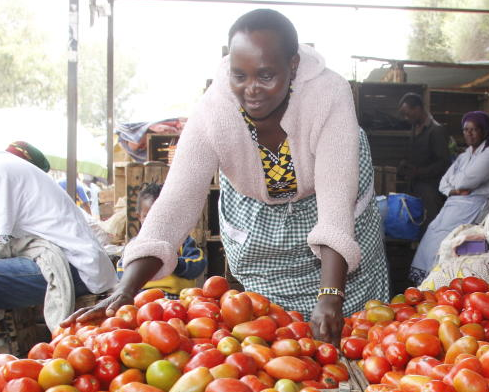×
The Standard e-Paper
Kenya’s Boldest Voice

A common joke in economic circles is that almost everything good with economy went with former President Mwai Kibaki in 2013.
It is a joke until one begins to realise that the few economic goodies that lingered on for a year or two after the exit of Kenya’s third President frittered away one or two years into the Jubilee administration.